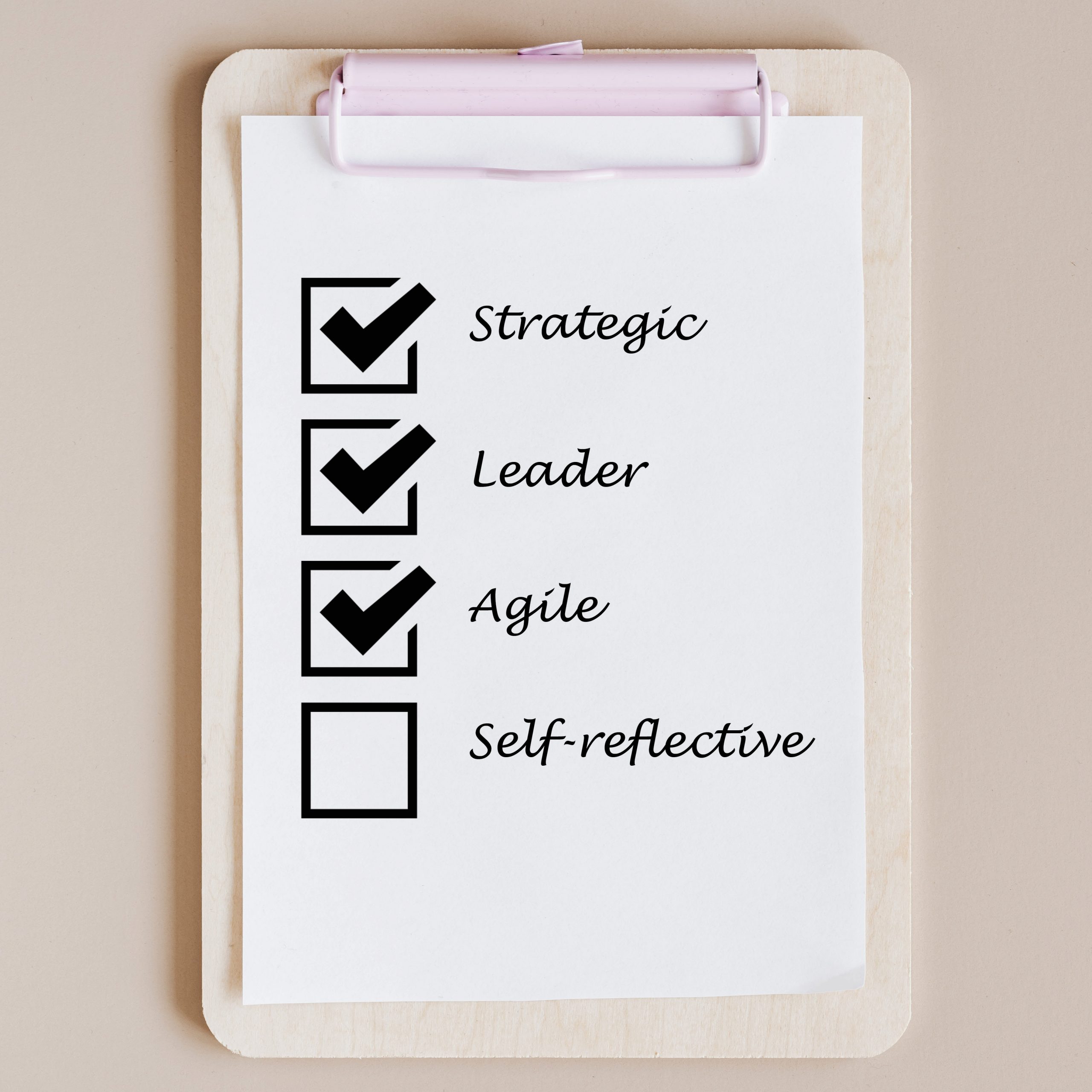Several years ago, we launched an executive leadership development program at work. I was excited about the initiative for two reasons. First, I was used to having access to training and development opportunities for the majority of my career and it had been a while since I was able to partake on a consistent basis outside of conference attendance. Second, I believe strongly in succession planning efforts for organizations. I think it’s important to develop talent internally to help ensure the least amount of disruption in organizations, to preserve institutional memory, and to save costs.
As part of this particular professional development effort, we completed a 360-degree feedback assessment. I had been familiar with the assessment from the days I worked in Corporate America. A 360 is when your manager, peers, and direct reports have an opportunity to evaluate you on your work performance and leadership style. Similar to before, I was somewhat nervous about the feedback I would receive, and at the same time thrilled that I was able to complete one again.
My nervousness was somewhat heightened because the role I served in was one that came with significant controversy. I was serving in a position charged with protecting and advising the president, the institution’s brand, managing crises, and at the same time, having to help ensure my colleagues were advancing strategic initiatives in their respective areas. All of this, while still fitting in with them as a teammate at the table. I walked a thin line at best, but, I loved it.
The day arrived and we got our forms back. I was smiling from ear to ear while looking at the data on my charts (I’m a visual learner). My reviews were glowing and my manager’s rankings in every category were higher than my peers and direct reports. This was significant because my colleagues and I knew all too well he didn’t “give” away “attaboys or attagirls.” You earned every single letter in every word of those accolades if you got them. He was not easily impressed.
I moved past the charts and started reading the written feedback. My cheeks were hurting by now from smiling so long. I surmised that I was deemed extremely effective in my role and knew this was so because I, too, am not easily impressed, and push myself and others in the pursuit of excellence. While spreading my peacock feathers, I stumbled upon a comment from one of my direct reports indicating something I needed to improve upon. That didn’t bother me because this particular employee always spoke her mind, so, I accepted the feedback in the spirit it was given. Then, it happened.
There were a couple of comments from my peers that had a similar tone. The feedback was simple. They wanted me to take more time to gather information before I made a decision. I was hot! ‘What do they mean take more time before I make a decision?’ Up until that point I hadn’t made a wrong decision yet and it’s been four years. I thought to myself, ‘They just like to kick the can down the road and not get their work done. And the comment was just another way to keep things “good enough,” instead of pressing for excellence.’ I immediately disregarded their feedback, and kept reading the rest of the good stuff. As the day went on, I reflected more on my decision-making behaviors over the years, and by our lunch break I said to myself, “You know what, they’re right!”
We can be a hot mess when somebody tells us something about ourselves. Often times, our reaction is defensive, like I became, because we tend to look at it as a personal attack on us as a person, or on our character. It gets really personal, really fast. I have witnessed people isolate themselves after receiving feedback, get angry, avoid people, stop speaking to friends or colleagues temporarily, deflect and bring something up you did, or actually cut people off for good. And that’s just professionally. Don’t let the feedback be about something personal that has to do with the way they act, their dating habits, or how they manage trouble in relationships or marriage. It becomes World War III, even if the feedback came from their best friend or a close family member they trust. The truth can hurt, but it is necessary.
Feedback is information to be used as a basis for improvement. Also considered as constructive criticism, feedback is essential to your growth. You may not want to hear something about yourself that needs improvement, but you must learn how to receive it. Ironically, often times you already know it’s true. I knew I made decisions quickly. I actually prided myself on that because as a public relations and crisis strategist, your gut instincts can make or break your leader or the organization. You have to be nimble. Time is often of the essence. What I realized from the feedback though, was while I would likely still make the decision in my head, taking a little more time for my colleagues would allow them to have more buy-in in that decision, and feel much more a part of the process. A slight delay would enable me to build more collaboration.
Whether at work or at home, the next time you receive feedback, listen attentively, remove your emotions, and reflect on the information. It may sting, but, the process and the ability to accept feedback is critical to building your brand. And, you just might learn something new.
Visit www.yourpointofpride.com to start the journey of becoming the best version of yourself.


Leave A Comment